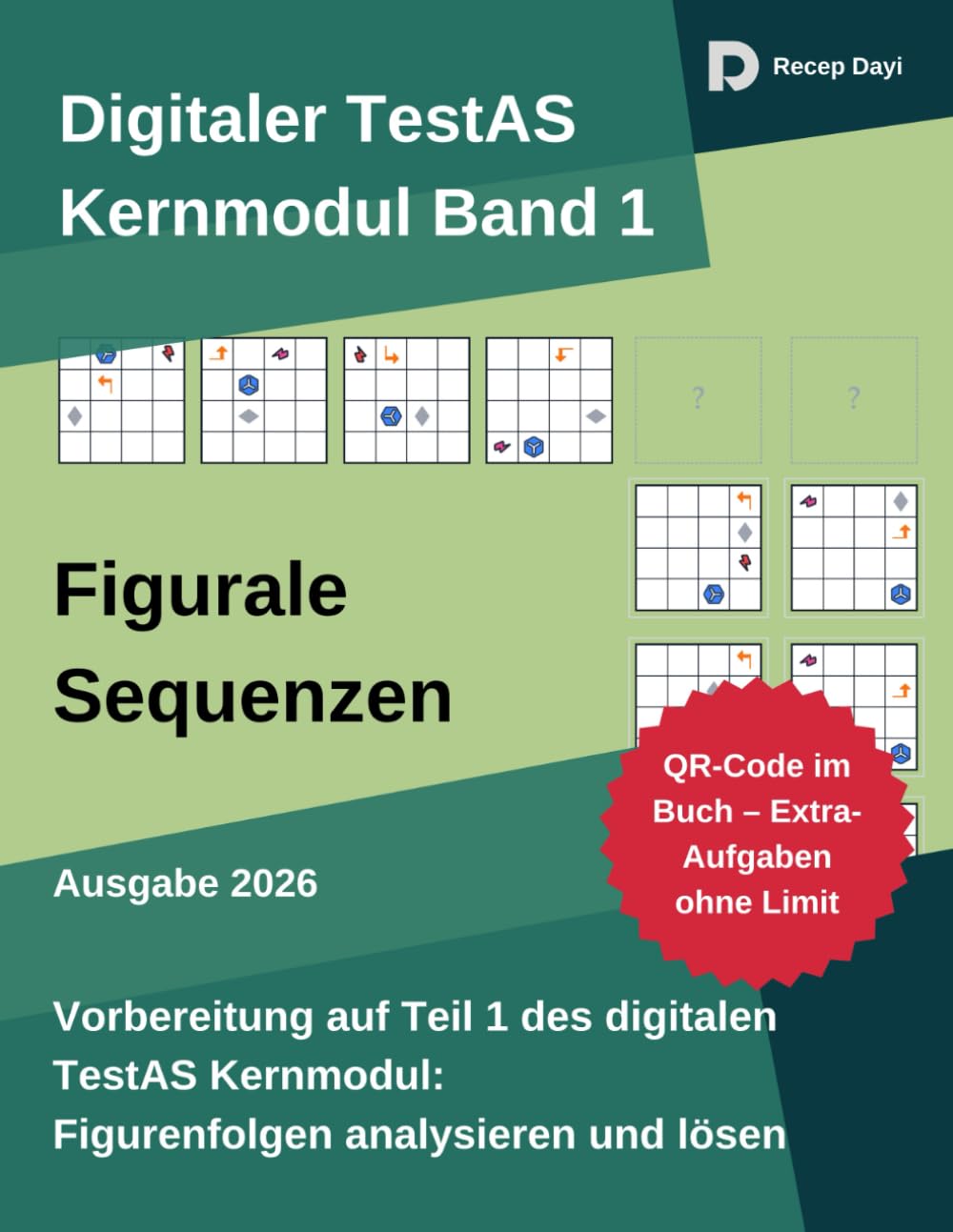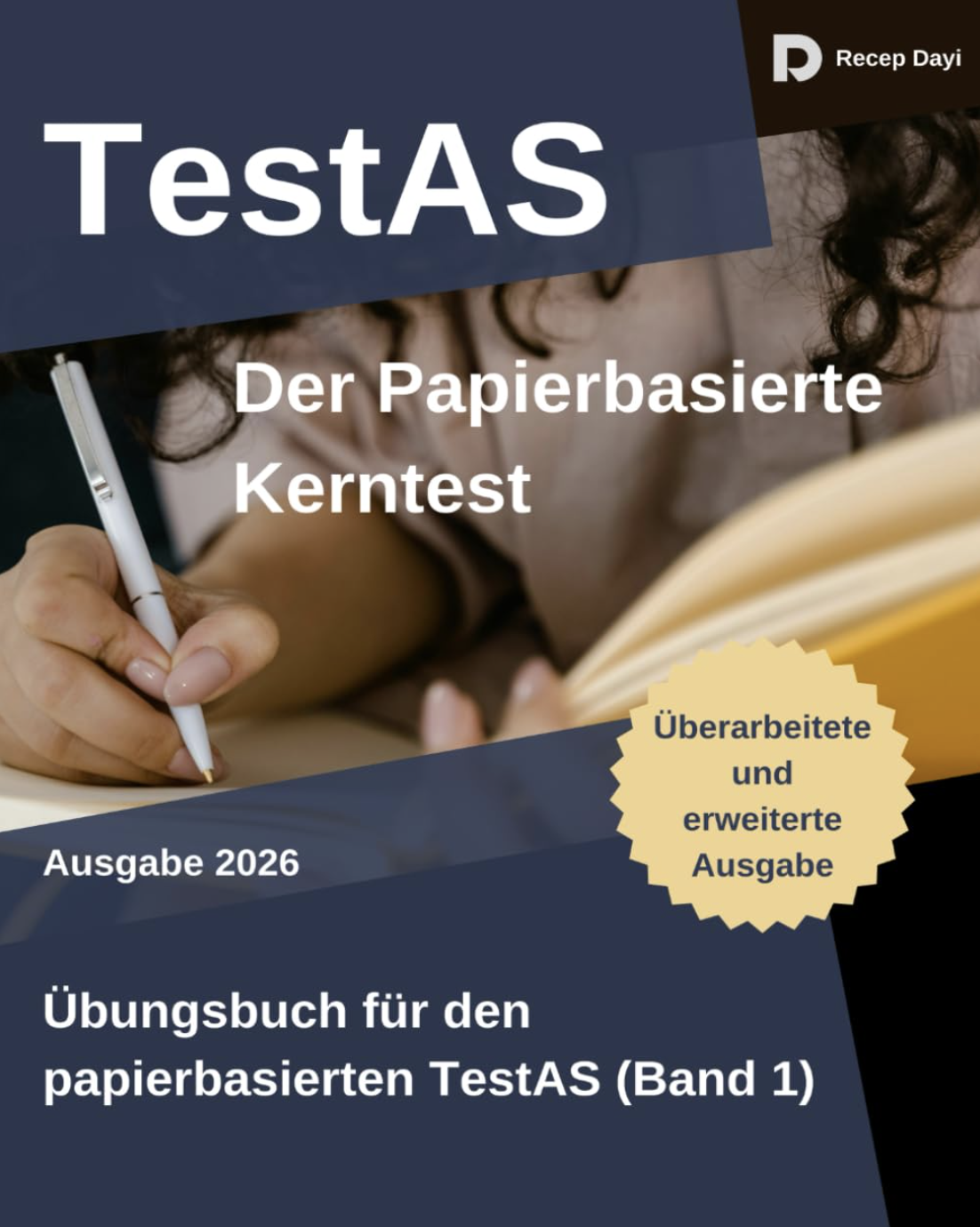Strategies to prepare for TestAS
Each type of test requires a different strategy. However, the following guidelines on the approach you should take are universal in that they apply to all tests of cognitive ability.
“The best scoring candidates are those who come prepared.”
It is important to approach the test with confidence in your abilities. The most successful candidates are those who look forward to the challenge and the opportunity to demonstrate their abilities. Successful candidates ‘realize that they have nothing to lose if they do their best’ and ‘go for it’. Preparation is key to this. During the exam it is very important to keep track of time and manage how much time you spend on any one question. You should keep going until the end and, if possible (you will often run out of time), take the last few minutes to check your work.
You need plenty of practice to get the balance between speed and accuracy right. In many tests, such as TestAS, you need to aim to make the fewest mistakes while at the same time being really fast in order to succeed. As I always say, “If there were no time constraints on TestAS, all candidates would be able to answer all questions correctly”. In some tests time is really limited. You need to know that in TestAS it will be difficult to read all the questions, let alone solve them.
You are therefore not expected to answer all questions correctly. Some questions are particularly selective and difficult. Remember, the negative impact of being under pressure to answer quickly can be exacerbated if you understandably experience anxiety or nervousness. Be prepared for the fact that there may be a significant change of pace between modules. You will find that you will have plenty of time in one module, followed by another module where time is really tight.
It takes practice to move at the right pace and to be able to answer every difficult question during the exam. (See How much and what kind of practice should I do) Everyone will get some questions wrong. In the vast majority of tests you will have to take the risk of getting some questions wrong. So instead of double-checking every answer and being told your time is up before you have seen all the questions, answer every question. If you encounter a difficult section or question, don’t get discouraged – just keep going. You may find that you get to a section of questions where you can succeed.
In cases where you cannot find the right answer, it is important to go through all the answers and try to weed out the wrong options. This way, you increase the likelihood that the answer you choose at random will be correct. Answer all questions. Do not leave any questions unanswered. Do not mark them for later evaluation, as you will probably run out of time. Therefore, “mark the answer you think is correct and move on to the next question”.
Remember that each module and question type will require different strategies. Check the “strategy” pages for explanations on how to approach the questions. Read also my article “Preparing for TestAS!” for general preparation tips.

How much and what kind of practice should I do?
As with any test, it is best to practice with material that resembles real questions as much as possible. When you started researching TestAS, you may have seen some preparation materials available from open sources or sold on Amazon. I have already written that the feedback on these materials is not very good, but if you have somehow obtained them, look carefully at the questions and look for more and more difficult practice materials that are very similar to them. Take a look especially at the practice materials I offer for free on the site.
It is best to do two types of exercises. You should do the following
- Practice without time constraints and in a relaxed environment. The aim of this type of practice is for you to become aware of the demands of the questions, understand how to approach them, and gain speed and confidence in your ability to answer.
- Practice realistic questions under tight time constraints and as realistic exam conditions as you can organize. The aim of this kind of practice is to get used to answering questions under pressure, helping you avoid mistakes and become faster. Aim for a total of at least 16 hours of practice over several weeks. If you can get enough practice material, I recommend practicing up to 24 hours in total. Be prepared to devote much more time than this for a really long study program, especially if you have language problems and are aware that you need to make significant gains in your German or English.
Your work schedule should be as follows:
- Make sure you thoroughly understand the descriptions of the test types.
- Look for as many free preparation materials as possible.
- Check out the practice materials on this site, some of which are available for free.
- Solve the practice questions at your own pace.
- Give yourself a realistic practice test against the clock.
- Evaluate your test and try to understand what went wrong.
- Practice more without time constraints, especially focusing on the types of questions you got wrong in the first practice test.
- Take the time-limited practice tests again.
- Repeat stage 7 as many times as necessary.
If you find it difficult to find enough practice material or a specific type of material, I try to offer as many practice materials as possible for free on the site.
My advice: whether you prepare through the free materials, through books from Amazon or through this site, solve all the questions you find over and over again.
Getting Tutor Support
Some candidates may feel the need for support from a tutor during preparation. Research shows that the support received during such tests yields positive results. To summarize the results of the research on receiving training support for the preparation of psychometric or cognitive aptitude tests:
- Anyone who practices a lot can improve their score.
- Candidates with a poor educational background are the most likely to benefit from help.
- People with little or no previous testing experience show performance gains about twice as high as those who have taken the test before.
- Improvements in scores are achieved by experiencing material similar to that on the real test.
- Practicing with similar materials under realistic test conditions produces the best results.
- The benefit from specialized support is immediate and rapid. Over time the rate of improvement will slow down. However, the greatest improvement in test performance comes from training (over a long period of time), not from coaching.
- There are large individual differences in the impact of coaching.
If you think you need a coach for TestAS preparation. Please contact me. Although I myself can only provide this for a very small number of people and in a limited time frame, I can guide you to other solutions.
I hope the above explanations will help you. Please share, your suggestions are valuable to me. If you have any questions or suggestions, please contact me recep[at]recepdayi.com.tr







Would you mind giving the Sources or elaborating on how to prepare extensively for it?